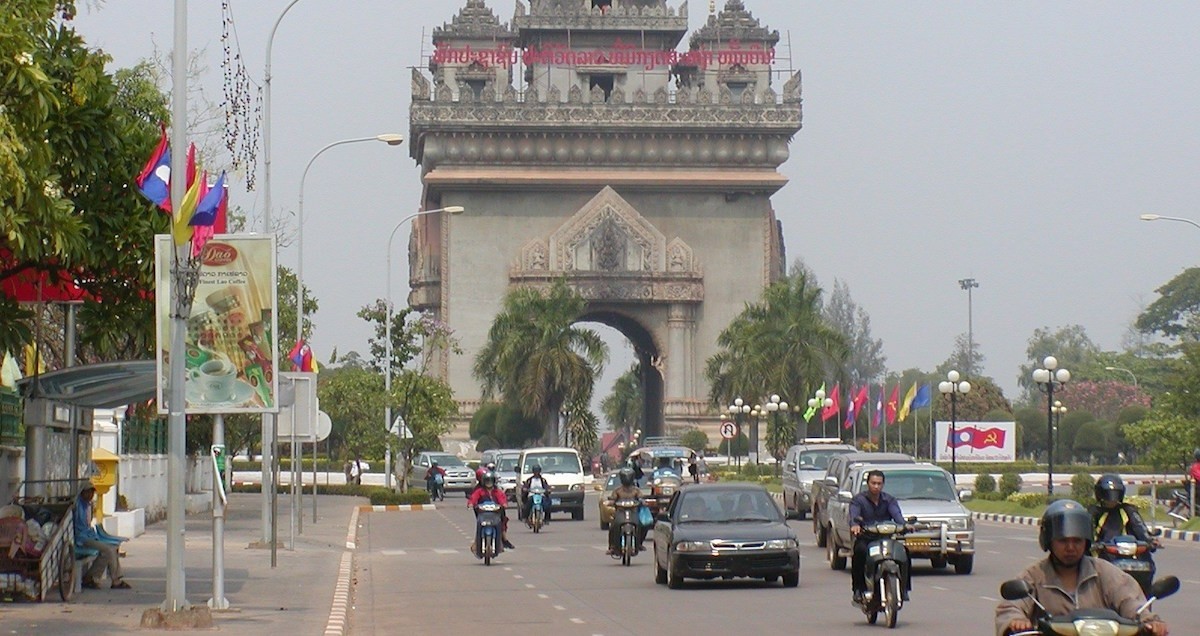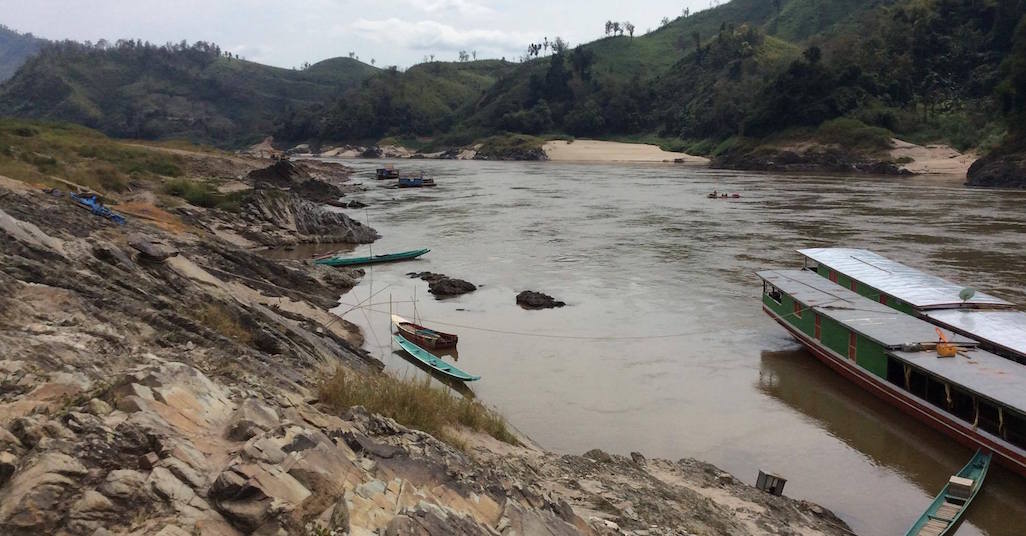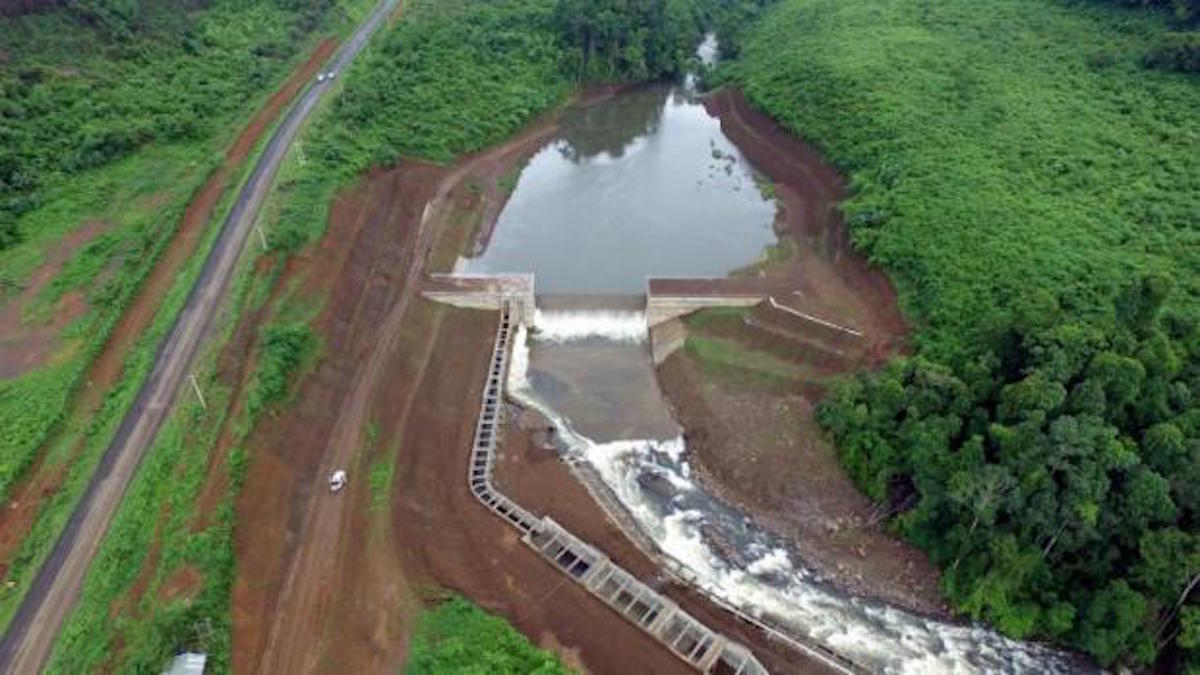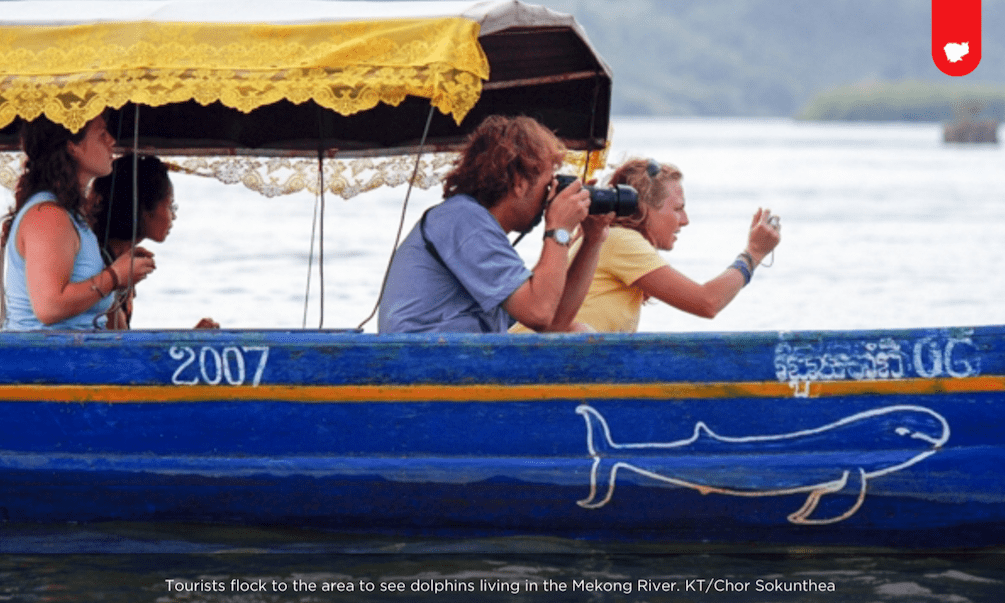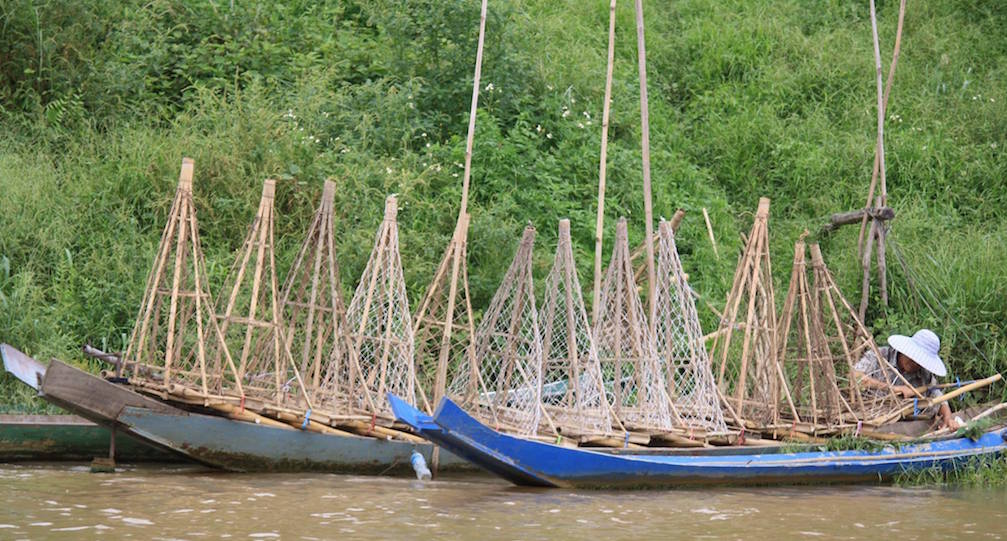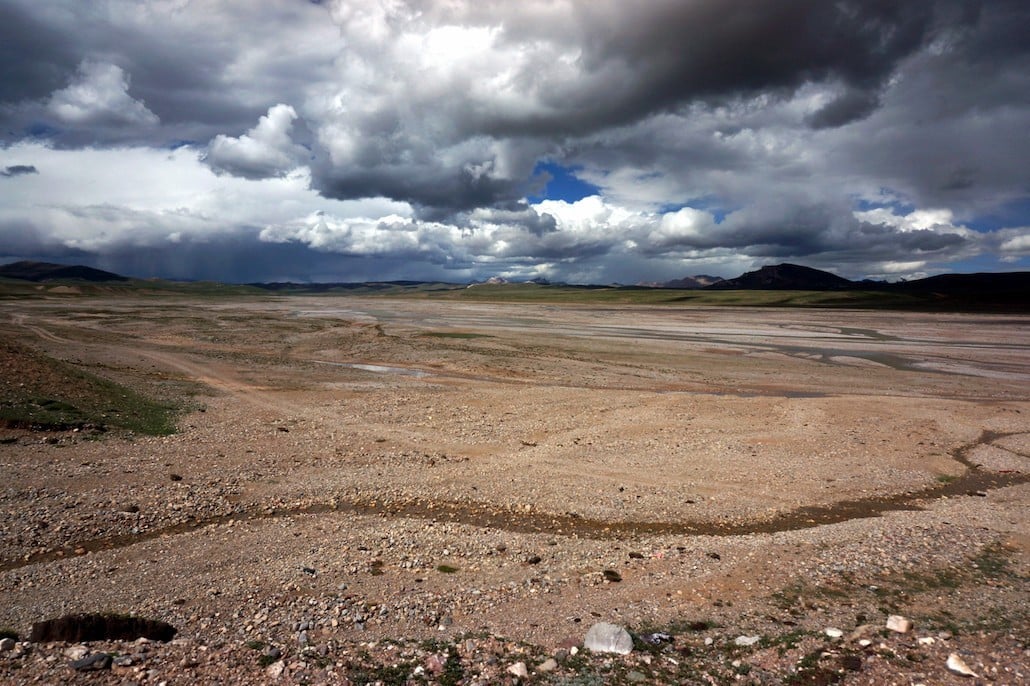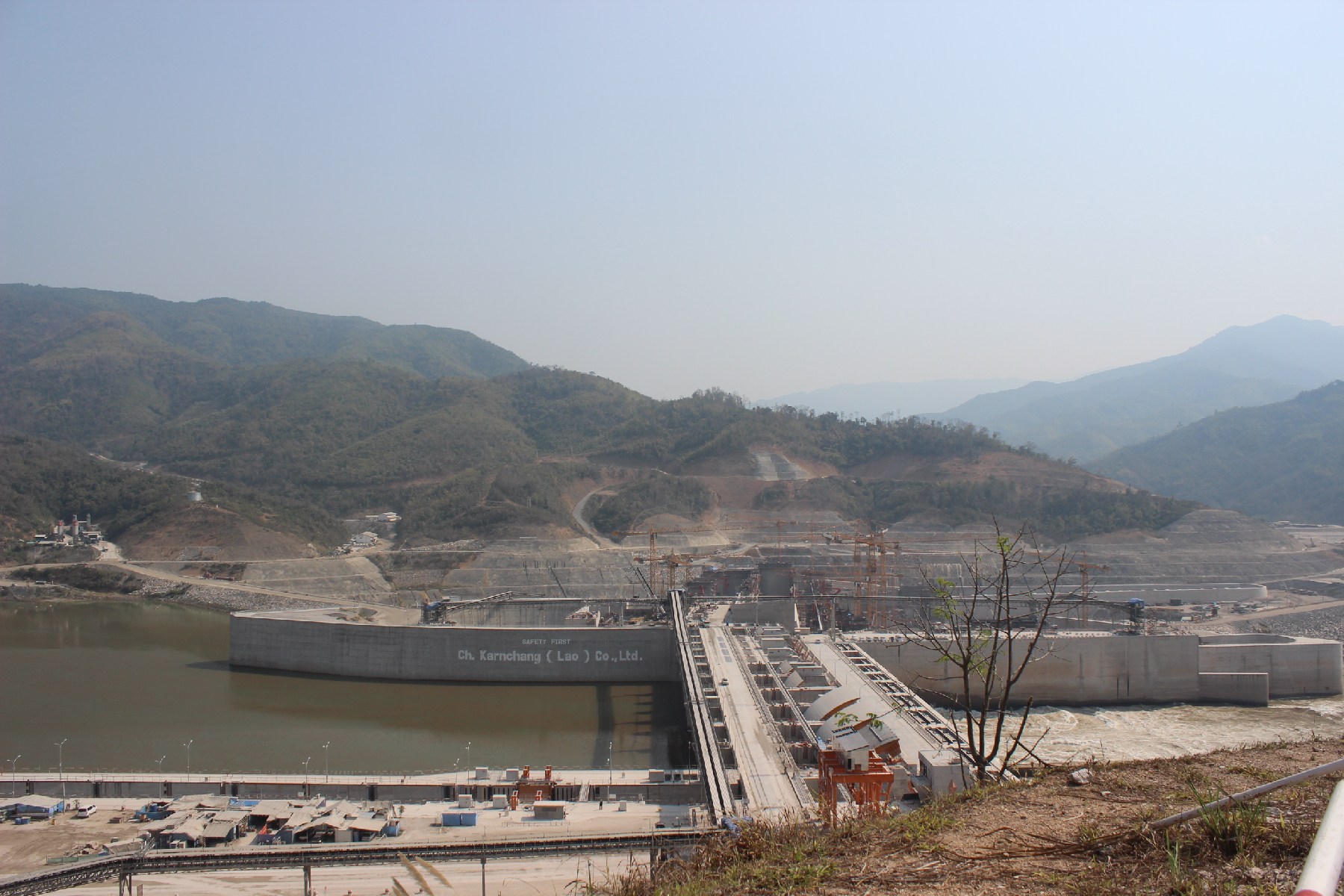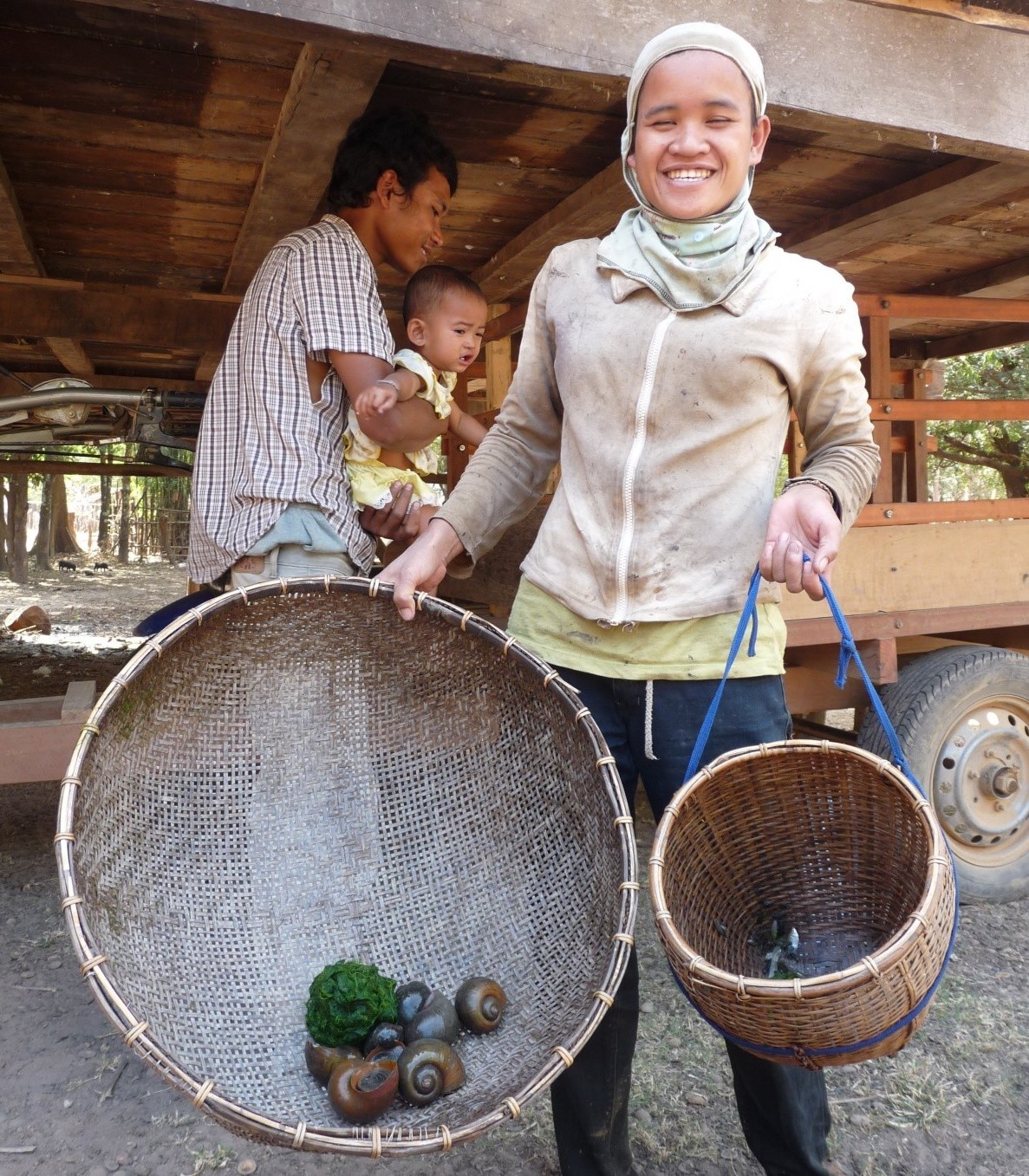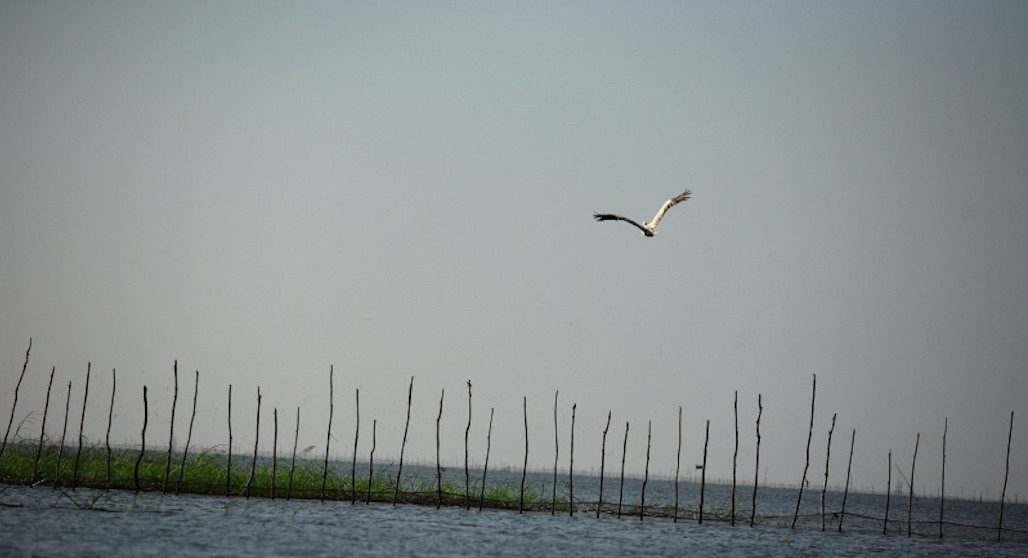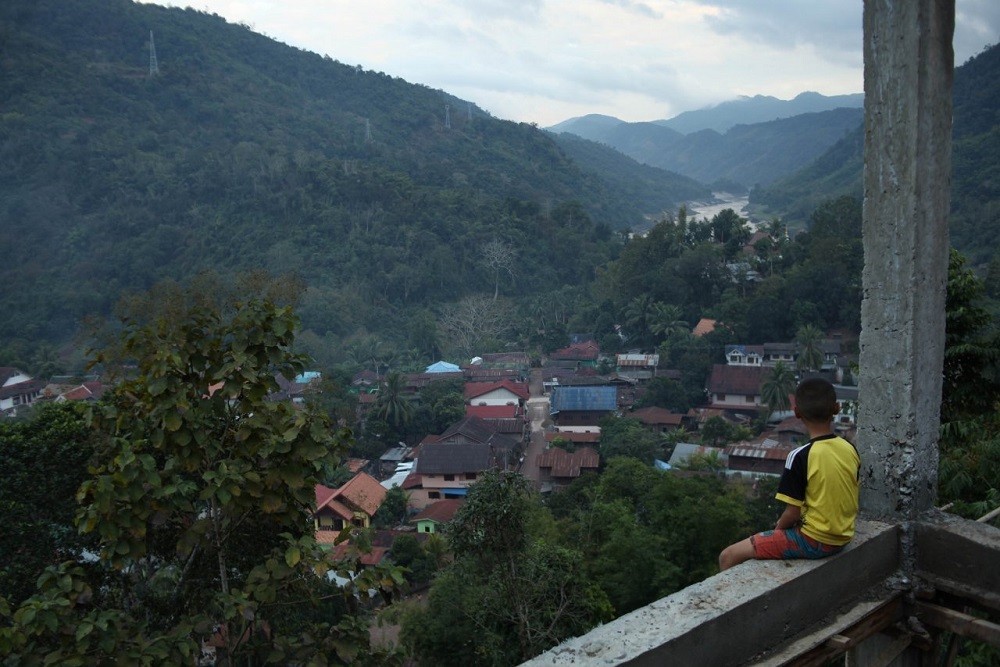A newly-amended Investment Promotion Law has moved to cut by half the maximum investment period for new concession projects to 50 years, down from previous maximum period of 99 years.
Category: Laos
Joint panel discusses prior consultation process for Pakbaeng dam
Delegates from Cambodia, Laos, Thailand and Vietnam met yesterday at the second meeting of the Joint Committee Working Group (JCWG) on the procedures for notification, prior consultation and agreement (PNPCA) for the Pakbeng hydropower project.
B. Grimm Power allots B1.8bn for Laos 8 hydropower plants planned in country
B.Grimm Power Co, a unit of B.Grimm Group, plans to invest 17 billion baht in 2017-18, including for the development of hydropower in neighbouring Laos.
Dam blamed as dolphins vanish
The last remaining Irrawaddy dolphins have stopped coming to a stretch of the Mekong river in Preah Rumkel commune due to the Don Sahong hydropower dam in nearby Laos, locals have warned.
Rebuttal to MRC CEO Statement: “Hydropower Development Will Not Kill the Mekong River”
US-based Viet Ecology Foundation responds to MRC CEO recent media interview on the future of the Pak Beng dam project.
Source of Mekong, Yellow and Yangtze rivers drying up
National park could help save the headwaters of the Tibetan plateau that are evaporating because of climate change, says Chinese geologist Yang Yong
A look inside Xayaburi dam
The Mekong Eye had a rare opportunity to visit the Xayaburi dam. This photo essay shows its progress.
International Women’s Day: How a “changing world” can affect equality in decision-making
What happens when the change in work comes about due to more major livelihood changes that transform the gender dynamics of work and decision-making in whole communities?
The Bird’s Eye View: What Endangered Birds Tell Us About the Risks of Mekong Development
The Thai government started 2017 announcing another major commitment to transportation expansion: US$25 billion to finance futuristic high-speed trains, super highways and expanded sea and airports. Far less glitzy but immediately controversial, however, was one of its final transportation acts of 2016: preparing to restart, after 13 years, rapid blasting and river channelization to clear the Mekong River for navigation just below its arrival from Myanmar.
Striking a balance between conservation and development at the heart of Mekong struggle
DEPENDING on who you speak to, there are naturally differing perspectives in regard to the future of the Mekong River, as most people living along the river look for a sustainable future through conservation of the existing ecosystem, while governments seek balanced resource usage and benefit-sharing arrived at via diplomacy and negotiation.


